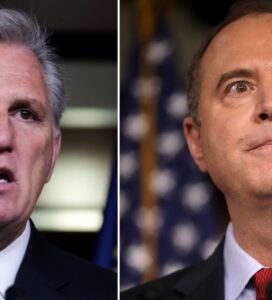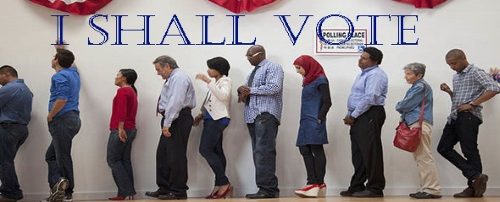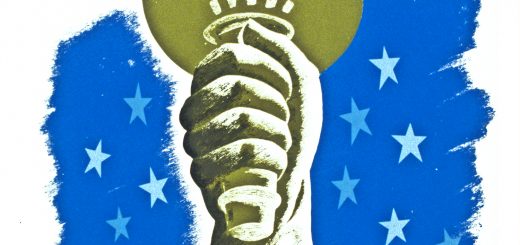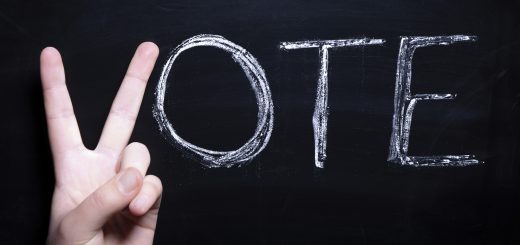 |
After the publication of the special counsel Robert Mueller investigation and the confirmation of Russian interference in the 2016 presidential election by U.S. intelligence, a reporter questioned Trump in Helsinki about election interference. Trump controversially expressed his belief in Putin’s denial and praised him as a “strong and powerful” leader. This statement not only insulted many Republicans and made them enraged but also infuriated conservatives and right-wingers who have historically opposed Russian influence in American democracy. |
Ironically, the same Republican Party that had vehemently opposed Russian interference is now prosecuting one of its own congressmen, Adam Schiff. This prosecution stems from Schiff’s refusal to easily dismiss the evidence of Russian meddling, which went against the collective sentiment of his party. The situation highlights the complex dynamics and shifting alliances within politics, where individuals who once held shared values can find themselves at odds due to conflicting perspectives and actions.
Actions have consequences. What lawmakers do in Congress will ultimately affect their own party and individual fate. When they compromise their integrity and credibility, contradicting the principles they have long stood for, they risk losing public trust. In the realm of congressional politics, the choices made by lawmakers shape their destinies and leave behind legacies that endure over time.
The Republican Party plays a crucial role in maintaining the balance of American democracy. Their commitment to budgetary responsibility and support for free market enterprise is commendable. It is important to recognize that political polarization, prioritizing party interests over the country and its citizens, can be detrimental to both parties and ultimately undermine American democracy.



